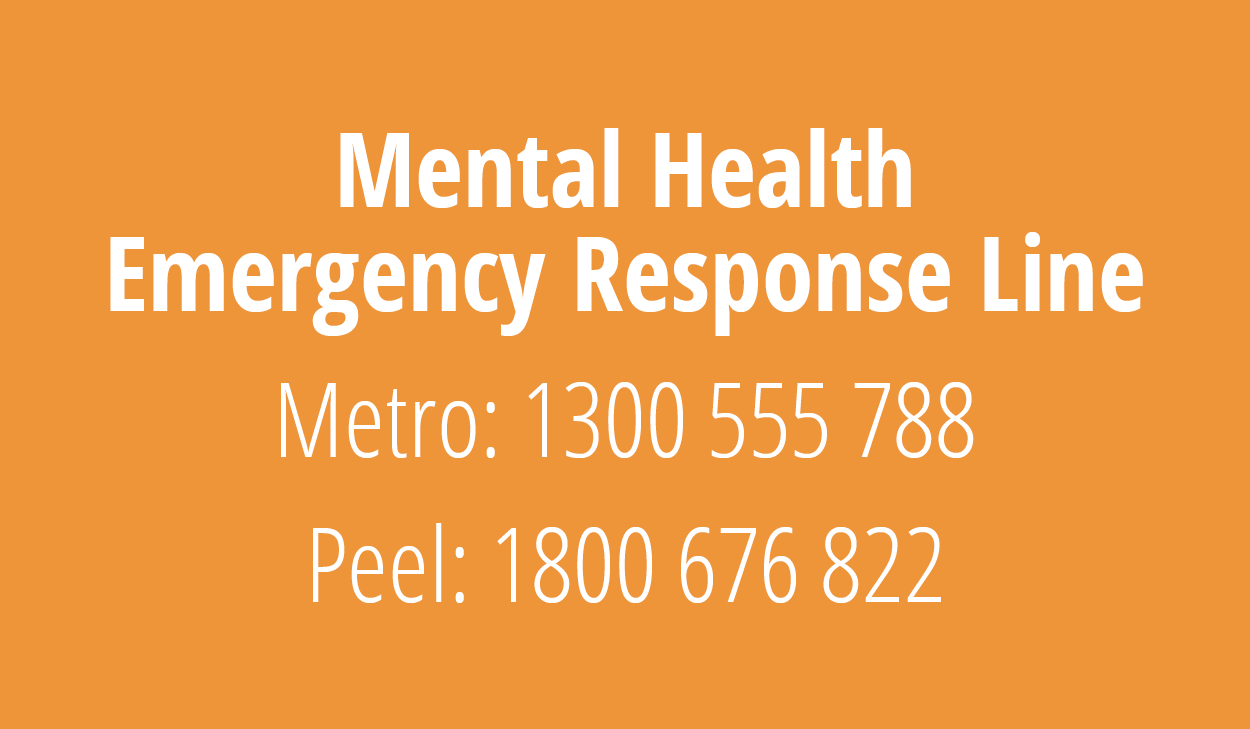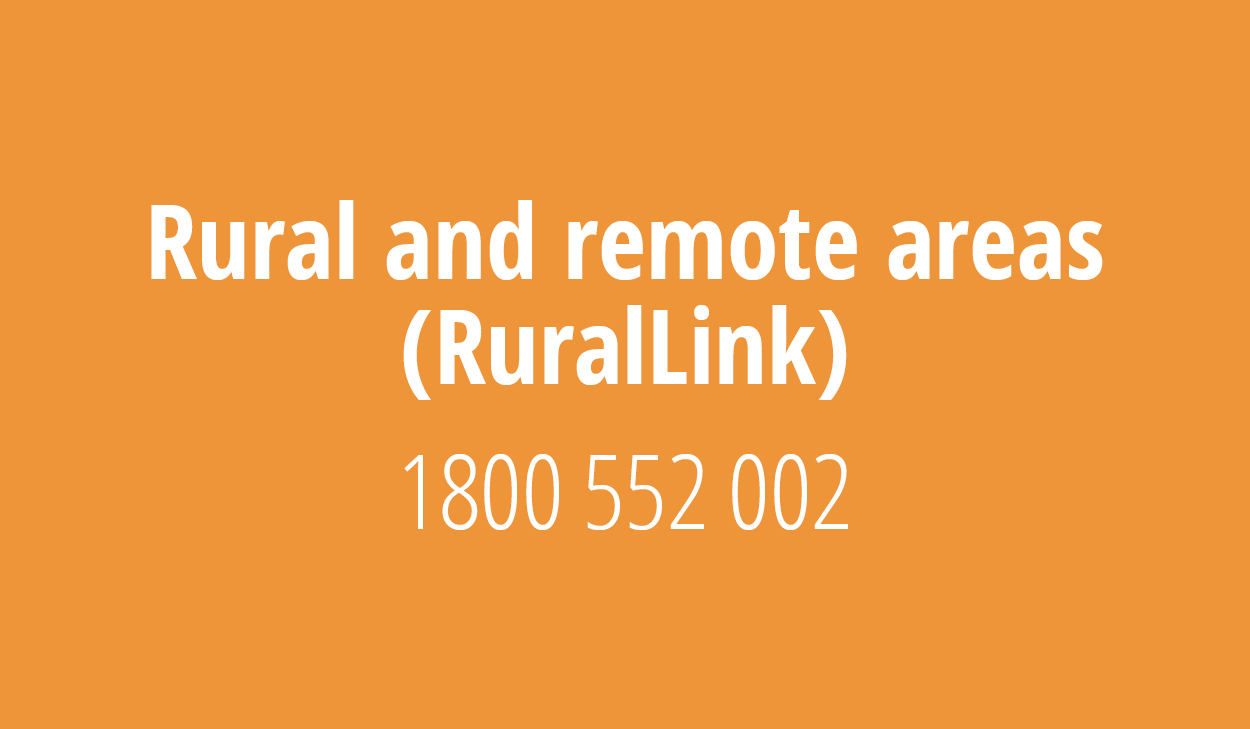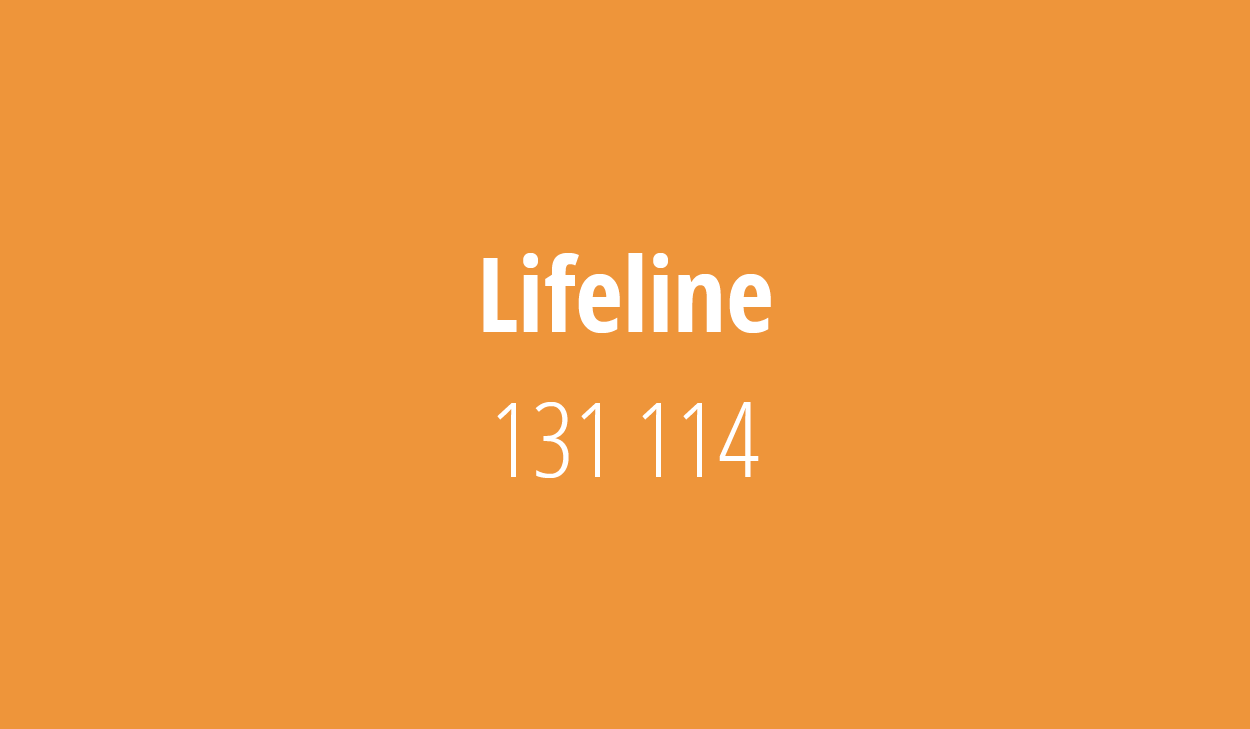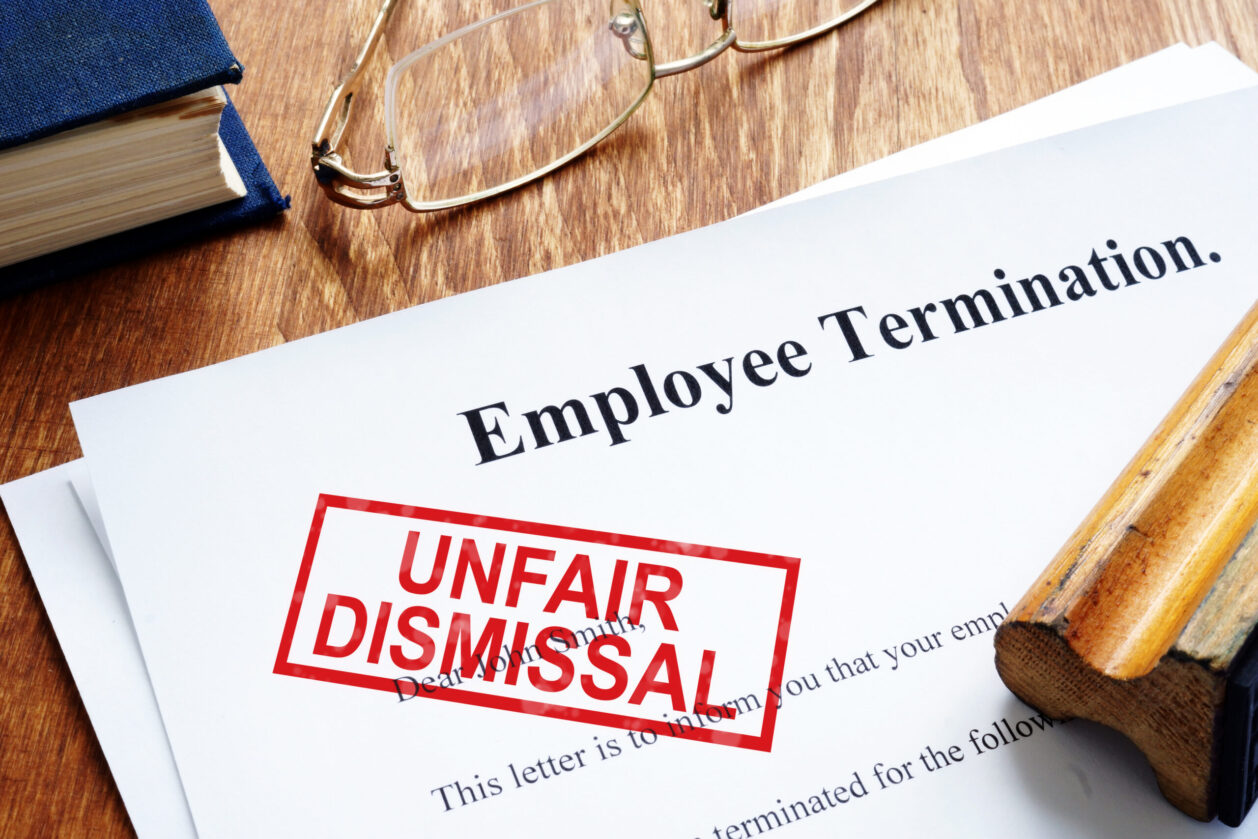A mental health emergency is a life-threatening situation in which an individual is threatening to hurt themselves or others, and should be taken very seriously.
As an employer, there are steps you can take to prepare for and respond to such events.
Responding to a person threatening self-harm or suicide
- Take the person and the threat seriously. Do not leave them alone.
- Determine whether the person has definite intentions to take their life, or whether they have been having more vague thoughts such as ‘what’s the point of going on?’ For immediate life threatening or dangerous situations call 000 for emergency services.
- Has the person been using alcohol or other drugs? The use of alcohol and other drugs can make a person more susceptible to acting on impulse.
- Has the person made a suicide attempt in the past? A previous suicide attempt makes a person more likely to make a future attempt.
-
Advise the person that threats of suicide or self-harm are taken seriously and that you may need to refer them to someone who is more appropriately trained or qualified to provide assistance. Do not promise not to tell anyone.
- Inform the person you have a duty of care to ensure they are safe and have appropriate
- During a crisis, always seek professional help, especially if the person is psychotic. If the suicidal person has a weapon or is behaving aggressively towards you, you should seek assistance from the police in order to protect yourself.
- Seek further details of the person (if needed/possible) i.e. name, address, telephone number, treating GP details and the person’s current location (if threat made by telephone)
- Encourage the person to seek immediate support from a friend, family, GP or psychologist and supply them with helpline telephone numbers, such as:



- If the person refuses to seek such support, wherever possible ask their agreement to contact a support person or service on their
- Advise the person that you will be contacting and providing their details to the Mental Health Emergency Response Line, the police or their local hospital to ensure that they have someone to come and assess them.
- Do not attempt to counsel the person or make a judgement about whether you think the person will carry out the threat of suicide or self-harm – refer the matter to appropriately qualified personnel at the earliest possible opportunity.
- Notify your manager immediately and outline the course of action you have taken.
- Take care of yourself:
-It is emotionally demanding to support someone who is suicidal.
-Find someone to talk things over with, including family, friends or a helpline.
When to call emergency services: 000
- If the person is/has threatened harm to themselves or others, the threat is imminent and they have the means (i.e. weapon, physically aggressive).
- Panic attack (can seem like a heart attack, see symptoms below):
-rapid heart rate;
-sweating, chills, hot flushes;
-trembling, shaking;
-shortness of breath, choking;
-chest pain;
-dizziness. - Psychosis (see symptoms below):
-acting abnormally, out of character or inappropriately;
-increased energy, over activity, lack of inhibitions;
-extremely distressed, irritable;
-aggressive behaviour;
-suicidal thoughts and behaviour;
-hallucinations.
When to refer to mental health services (EAP, GP, helpline)
- Following a traumatic event.
- If there is a misuse or increase in use of drugs and alcohol.
- If interpersonal conflict has been observed.
- You have identified some signs and symptoms of mental health issues and had a conversation with the employee.
For advice and guidance on work, health and safety matters contact CCIWA’s Employee Relations Advice Centre on (08) 9365 7660 or email [email protected].

















